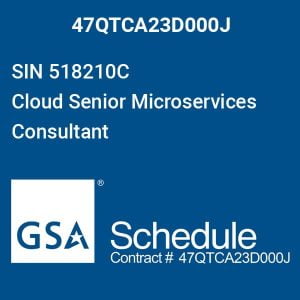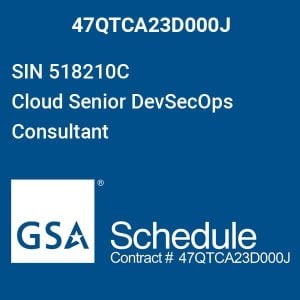sdvosb
Service-Disabled Veteran-Owned Small Businesses (SDVOSBs) are a vital force in the landscape of American entrepreneurship. These enterprises, owned and operated by service-disabled veterans, play a significant role in the U.S. economy, bringing a unique blend of leadership, resilience, and commitment to business endeavors. In this comprehensive exploration, we delve into the world of SDVOSBs, uncovering their importance, benefits, challenges, and the resources available to support them.
- Defining SDVOSB: It stands for Service-Disabled Veteran-Owned Small Business. To qualify, a business must meet specific criteria, including ownership and management by one or more service-disabled veterans, with the disability having been incurred or aggravated during active duty service. This designation grants eligible businesses access to federal contracting opportunities set aside exclusively for SDVOSBs.
- Economic Impact: They are a dynamic force in the U.S. economy. They contribute significantly to job creation, economic growth, and innovation. By actively participating in federal contracting, SDVOSBs play a pivotal role in supporting government missions while strengthening local and national economies.
- Benefits of SDVOSB Certification: This certification provides businesses with distinct advantages:
- Access to Federal Contracts: SDVOSBs have exclusive access to federal contracts set aside for them under the Veterans First Contracting Program.
- Competitive Advantage: Certification enhances a business’s competitive edge in government procurement.
- Mentoring and Training: SDVOSBs can access mentoring, training, and development programs to grow and thrive.
- Networking Opportunities: SDVOSBs can connect with other veteran-owned businesses and government agencies.
- Challenges Faced by SDVOSBs: While they enjoy many benefits, they also encounter challenges:
- Access to Capital: Securing funding can be challenging for small businesses, including SDVOSBs.
- Contracting Barriers: Navigating the federal contracting landscape can be complex and competitive.
- Market Competition: SDVOSBs must contend with established businesses in their sectors.
- Compliance and Regulations: Maintaining compliance with federal regulations is essential.
- Government Support and Resources: To address these challenges, various government agencies and organizations provide support and resources to SDVOSBs:
- VA Verification Program: The U.S. Department of Veterans Affairs (VA) offers a verification program to certify SDVOSBs and VOSBs.
- Small Business Administration (SBA): The SBA provides guidance, training, and access to capital for small businesses, including SDVOSBs.
- Procurement Technical Assistance Centers (PTACs): PTACs assist businesses with government contracting opportunities and regulations.
- Veteran Business Outreach Centers (VBOCs): VBOCs offer entrepreneurial development services and resources to veterans.
- Success Stories: Many have achieved remarkable success in various industries, from IT and construction to healthcare and consulting. These businesses demonstrate that with determination, strategic planning, and access to resources, SDVOSBs can thrive and make a lasting impact on the American business landscape.
- Future Outlook: The future is promising. As government agencies continue to prioritize veteran-owned businesses, opportunities for growth and development are expected to expand. Moreover, the resilience and commitment exemplified by service-disabled veterans will continue to drive innovation and entrepreneurship in diverse sectors.
In conclusion, SDVOSBs are a crucial component of the American business ecosystem, offering unique perspectives, expertise, and determination. These enterprises make significant contributions to the economy and play a vital role in government contracting. While many face challenges, they also benefit from a robust support system designed to help them succeed. As the business landscape continues to evolve, SDVOSBs will remain at the forefront of entrepreneurship, embodying the spirit of service and innovation.












